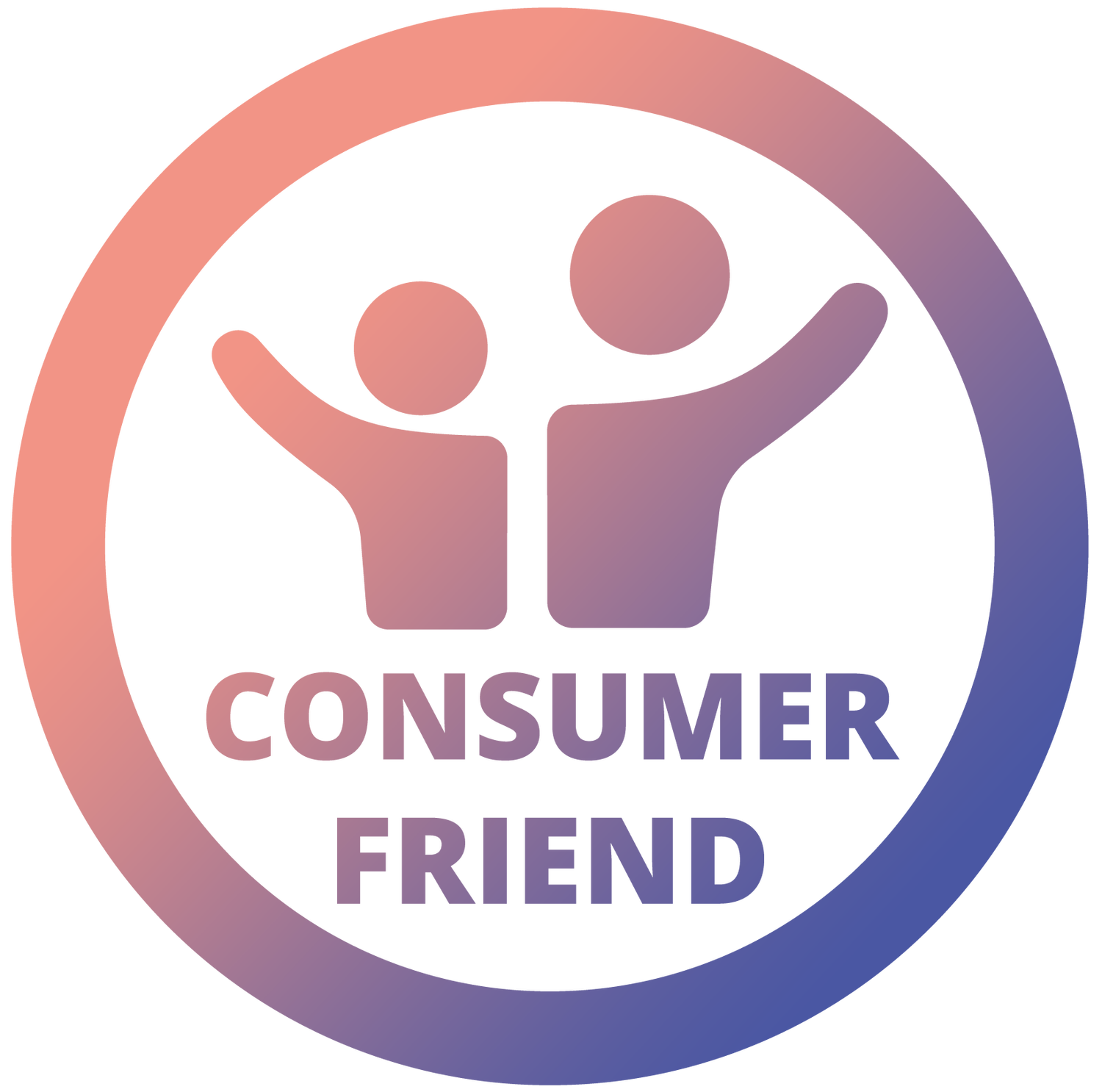Buying safely online
Every time we buy something we are making a legal contract.
When we buy something online, we need to be extra vigilant and check who we are buying from and exactly what we are buying so we don’t get scammed or don’t get exactly what we wanted.
Pre shopping things to consider
Do your research:
check company feedback
Use Check a website - Get Safe Online to check the website out
do a web search
check for positive or negative information on trusted sites such as consumer websites
Don’t instantly trust social media ads, email or texts you get with promises that offer you amazing, too good to be true offers. If you are unsure or it sounds too good to be true it usually is, so don’t click on the link. Criminals are clever and want to trick you into buying fake, unsafe or non-existent goods.
If you have access to one, use a credit card for online payments. Most major credit card providers protect online purchases. Using a credit card (rather than a debit card) also means that if your payment details are stolen, then your bank account won’t be affected.
Consider using an online payment platform, such as PayPal, Apple Pay or Google Pay. This means your payment details are protected.
When it's time to pay for your items, check there's a 'closed padlock' icon in the browser's address bar. Similar to the below picture.
The padlock doesn’t mean that the business is a safe one to buy from, but it does mean the connection is secure. If there is no padlock, do not use the site, as it won’t be secure.
Do not give any more details than you need. Only give the minimum you need to buy the item you want to buy. If the website is asking for extras, like mother’s maiden names or other personal details do not give them.
If you can avoid it, don’t make an online account. This stops your details being stored or being shared or hacked.
Don’t use a password that easy to guess, don’t use the same password for every online platform. Consider using a secure password manager.
Turn on 'two-factor authentication' or 'multi-factor authentication'. This should stop hackers.
Check the delivery method. How much is it?
If things go wrong
If you think your credit or debit card has been used by someone else, let your bank know straight away. Always contact your bank using the official website or phone number, the one on the back of your bank card. Don't use the links or contact details in the message you have been sent or given over the phone.
If you buy something and it's not what you expected, see our rights when buying goods online article.
If you've lost money, tell your bank and report it as a crime to Action Fraud (for England, Wales and Northern Ireland) or Police Scotland (for Scotland).
Podcast
Adam and Lou talk about the Christmas Anxiety and how we are buying more online than ever with no signs of stopping. Do you know your rights when buying goods online and when buying digital content? Find out here.


